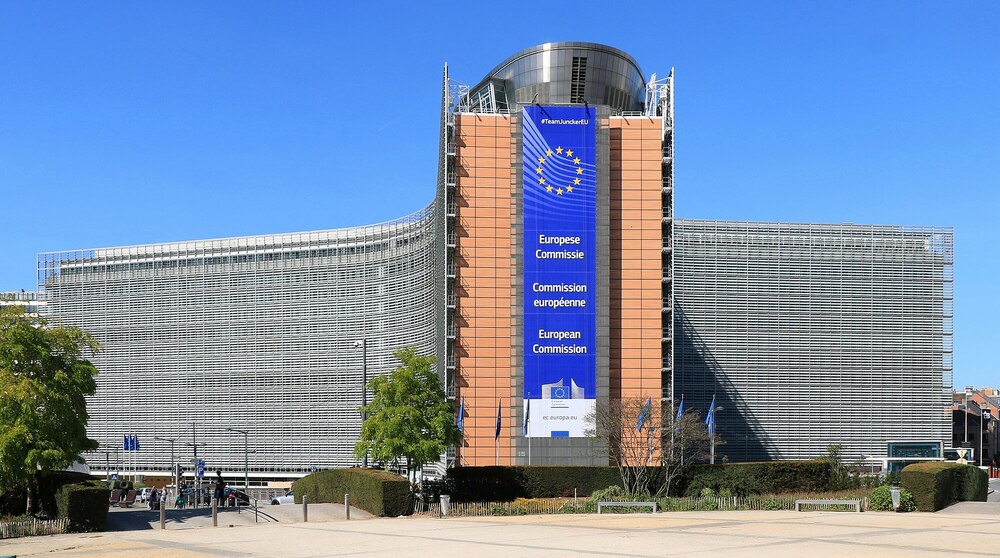site.btaEuropean Commission Expects Bulgaria's Economic Growth to Slow Down in 2023 and 2024


Bulgaria's economic growth will slow down in 2023 and 2024 and will recover in 2025, according to the last update of the European Commission's Economic forecast for Bulgaria, dated November 15, 2023.
/DD/
news.modal.header
news.modal.text